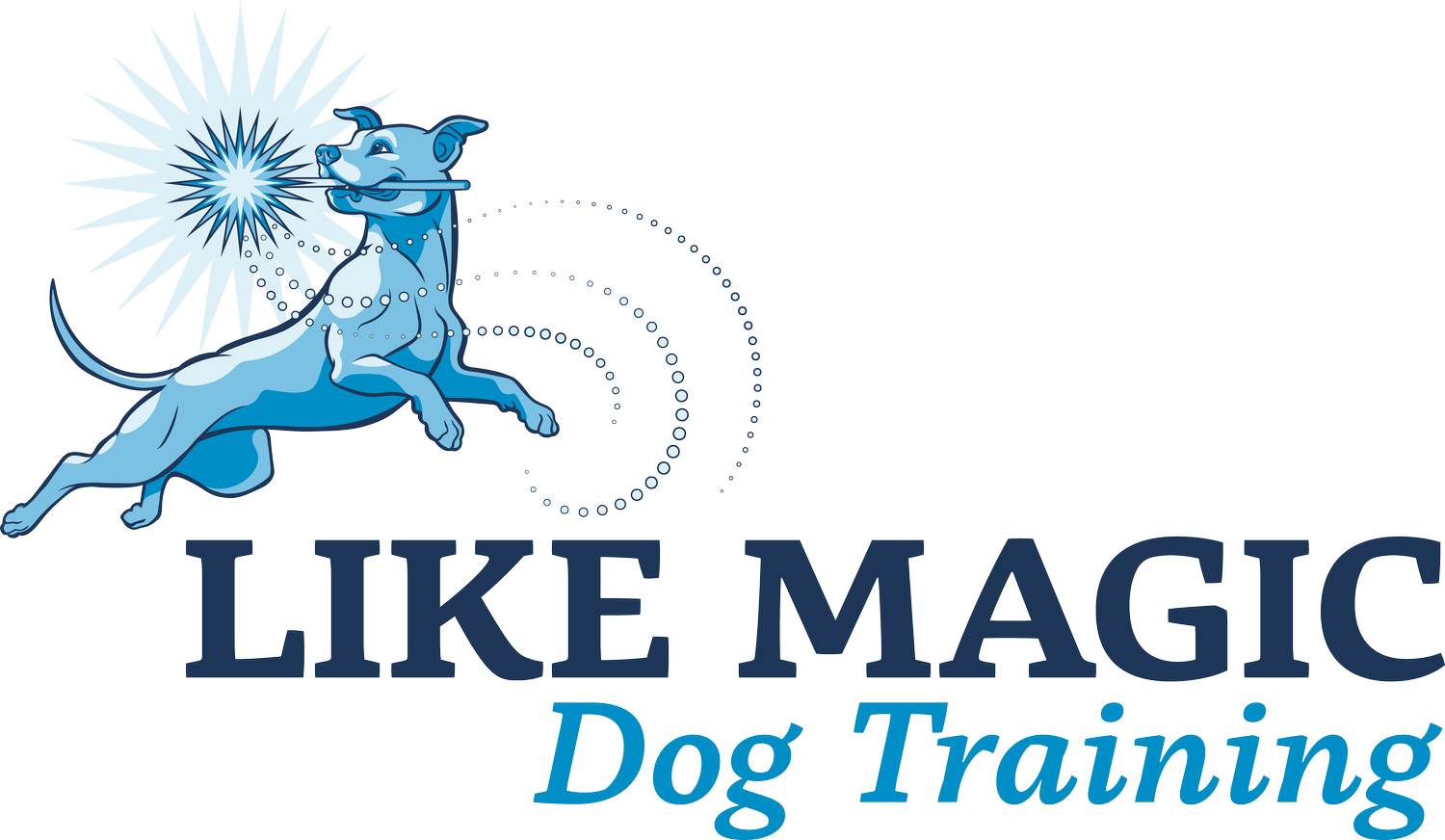From Unintentional Decisions to an Intentional Life
As far as calculated career choices, there are very few that I’ve made intentionally or with great deliberation. As a 16-year-old, my first job was chosen wholly and entirely while perched on a storefront countertop at the local mall, based on the affirmative answer from a friend when asked, “If I worked here too, can you drive me?” Thus, began my short-lived career as a chocolatier.
As a college student, I knew I liked my chosen major (Sociology) because I was interested in people – why they behave they way they do, what forces we generate that in turn act upon us to create an intricate societal dance. I didn’t expect to really use it in my work. I assumed I’d have a relatively boring “normal” job, leave to a home and a family, and build the time around that job for my interests and passions.
So when an internship popped up not in my field and not in my interest but that paid…at all (it was 2010, right as we eased out of a recession, and any internship that paid anything was well worth having) – I jumped at it. I needed a job, the location was convenient to school and social life alike, the work was straightforward and simple. Perfect.
The decision to enter a financial field was, then, not a calculated choice.
Nor was the choice to be in leadership in that field an intentional one. At the time, it was merely another step on the ladder, one that I made two years into that internship becoming full time, in order to move into a new position and a new challenge.
Leadership changed me, fundamentally. As far as I’ve moved (in a short time) away from corporate offices, I am indebted, unconditionally, to the institution that introduced me to so many things I love. Understanding behavior is part of leadership. Developing others. Communication and curiosity and the flexibility to adjust your approach and try again tomorrow.
And I found myself saying things I hadn’t realized I believed.
“You spend most of your life at work, you may as well enjoy the position you’re in. How can I help you get there?”
I had been saying that, or a version of it, for over three years before I started training dogs, and kept saying it for another four before it occurred to me to follow my own advice.
I love dogs. I love animals – I always have. My house growing up was haven for whatever caterpillars- toads- crickets – turtles – bunnies I brought home with me tromping around the woods and fields in Westminster, Maryland. We had dogs, cats, and a bunny for most of my childhood. One of my mother’s favorite books is Beautiful Joe, and had she been able to get away with it I think our house would have been modeled off the one the Morris children lived in.
Training and working with animals requires an interest in behavior, and interest in how human’s build society and communication and how that translates (or, more often, doesn’t) to the canine. It requires patient development, understanding of motivation. It understands a desire to help people and their animals achieve the goals they’ve set for themselves.
And it requires intention.
“Training is a mechanical skill” – says Bob Bailey, and so say the trainers that I’ve been lucky enough to surround myself with. Training takes planning, takes intention, takes skills built and developed. Choosing to utilize positive reinforcement and reject punitive tools takes a conscious, informed choice. The patient consideration that training quickly taught me carried over to other parts of my life before it informed a career change. To relationships, to parenting. To home improvement and daily planning. This is where writing comes in – my intention, to enunciate what is so challenging, and what is so rewarding about living – and training – positively. How the choice to train positively is the choice to be both efficient and kind, and how that philosophy can be applied and extended to every role you’re asked to play.
And finally, right back to dog training. The decision to leave the relative safety of the cubicle probably seems, externally, like an emotional decision, not a logical one. But I think it’s the most intentional one I’ve ever made.
We spend most of our lives at work, we may as well enjoy the position we’re in.
Welcome to the journey.
